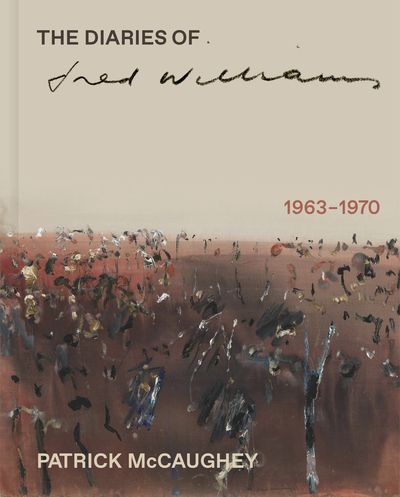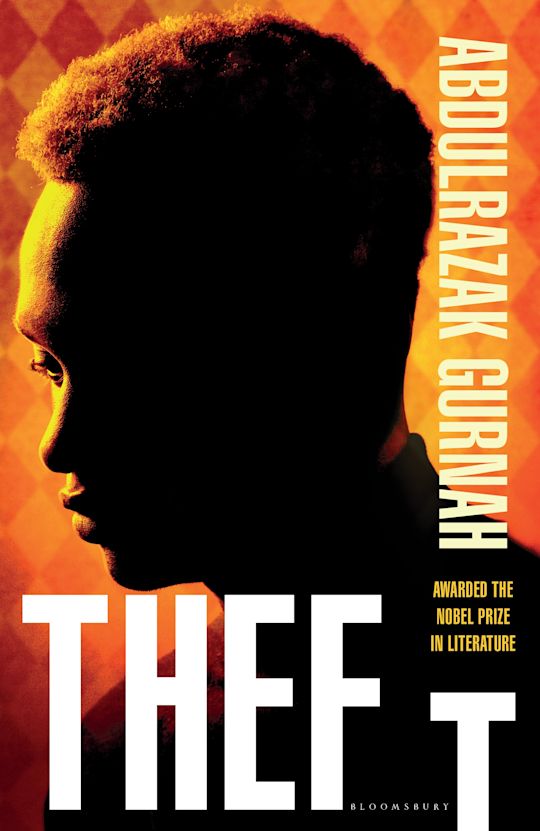Southerly: Vol. 66, No. 1, Health Lines
Brandl & Schlesinger, $26.95 pb, 203 pp, 1876040815
Boomers and Beemers
One of the best essays in the excellent spring issue of Griffith Review: The Next Big Thing, is a sustained attack by Griffith University academic Mark Bahnisch on the lazy clichés of ‘generation-journalism’. In an issue devoted to an examination of generational similarities and conflicts, Bahnisch calmly reminds us that not everyone living in the 1960s was a hell-raising radical, just as not all young people today fit the conservative–materialist stereotype the media is so fond of. He cites contrasting images of long-haired bellbottom-clad protestors ‘confronting Special Branch detectives in brown suits and unruly sideburns’, with snaps taken from a 1967 issue of the University of Queensland’s student newspaper, Semper Floreat, depicting masses of male students in the ‘refec’ wearing ties. The ‘young fogey’ tag, which is regularly attached to Generation Y, is similarly false and self-serving:
Whichever way youth is represented, it’s a problem. The emotional appeal in the picture of the ‘Howard youth’ reaches beyond the conservative commentators. Phillip Adams fans can comfort themselves with another stereotype – they, the original radicals, knew how to do youth better than the young.
It is precisely this possessive stake in youthful experiences which makes this such a potent topic. It feels good to reflect nostalgically upon past experiences, importing them into the present as evidence of how good it was then, even when it was bad. The danger lies in seeking comfort in easy clichés and failing to respect varieties of experience. The best pieces in this issue, including those by Tara June Winch, Sally Breen and Hazel Dooney, resist nostalgia and seek a more nuanced understanding of social trends.
Continue reading for only $10 per month. Subscribe and gain full access to Australian Book Review. Already a subscriber? Sign in. If you need assistance, feel free to contact us.












Leave a comment
If you are an ABR subscriber, you will need to sign in to post a comment.
If you have forgotten your sign in details, or if you receive an error message when trying to submit your comment, please email your comment (and the name of the article to which it relates) to ABR Comments. We will review your comment and, subject to approval, we will post it under your name.
Please note that all comments must be approved by ABR and comply with our Terms & Conditions.